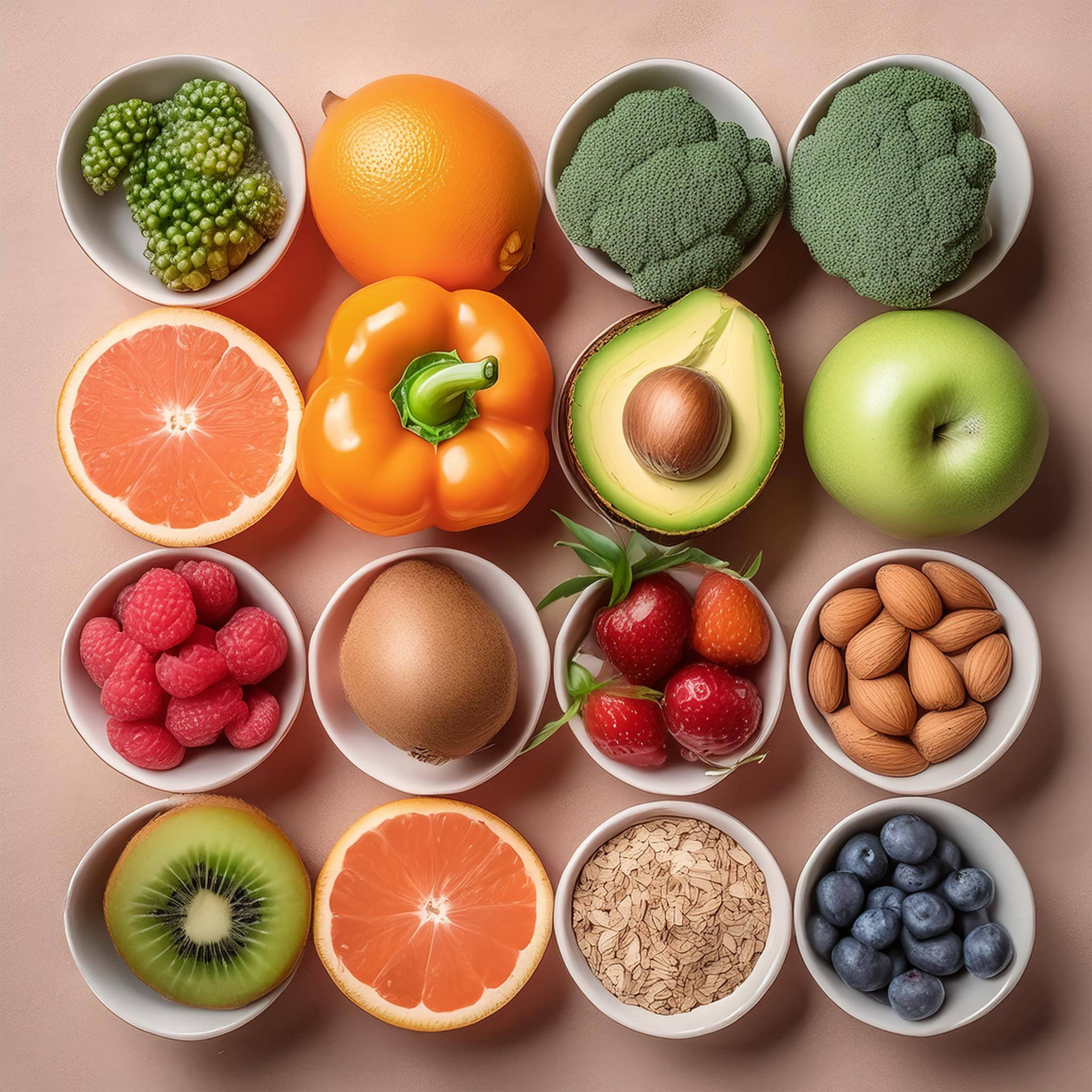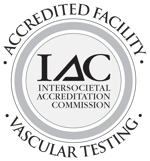Maintaining vascular health is crucial for overall well-being. At the Cardiovascular Care Group, we try to emphasize the importance of diet in preventing vascular diseases, which include conditions like atherosclerosis, carotid artery disease, and peripheral artery disease.
While there isn't a one-size-fits-all diet for vascular disease prevention, certain foods and dietary patterns have been shown to support vascular health. Here, we outline the types of foods beneficial for maintaining optimal vascular health.
Aortic Aneurysms
Aortic aneurysms are enlargements of the aorta that can lead to serious complications if they rupture. A diet that supports vascular integrity and reduces the risk factors associated with aneurysm formation is beneficial.
Recommended Foods:
- Berries: Blueberries, strawberries, and blackberries are high in antioxidants that can reduce inflammation and protect blood vessel walls.
- Leafy Greens: Spinach, kale, and broccoli are rich in vitamins K and C, which are essential for maintaining strong blood vessel walls.
- Fatty Fish: Salmon, mackerel, and sardines provide omega-3 fatty acids that help reduce inflammation and support vascular health.
- Nuts and Seeds: Almonds, chia seeds, and flaxseeds are good sources of healthy fats and fiber that can improve overall vascular health.
- Whole Grains: Oats, quinoa, and barley are high in fiber, which can help maintain healthy blood pressure and cholesterol levels.
Carotid Artery Disease
Carotid artery disease involves the narrowing of the carotid arteries, which supply blood to the brain. Diets that support heart health and improve blood flow are beneficial.
Recommended Foods:
- Leafy Greens: Spinach, kale, and Swiss chard are packed with nutrients that promote vascular health, including potassium and magnesium.
- Berries: Blueberries, strawberries, and raspberries are high in antioxidants that protect against vascular damage.
- Beans and Legumes: These are excellent sources of protein and fiber, which can help maintain healthy blood pressure levels.
- Garlic: Known for its cardiovascular benefits, garlic can help reduce blood pressure and improve blood vessel function.
- Green Tea: Rich in antioxidants, green tea can improve endothelial function and reduce cholesterol levels.
Peripheral Artery Disease (PAD)
PAD occurs when the arteries that supply blood to the limbs become narrowed or blocked. Foods that improve circulation and reduce inflammation are key for managing PAD.
Recommended Foods:
- Citrus Fruits: Oranges, lemons, and grapefruits are high in vitamin C, which can improve blood vessel function.
- Tomatoes: Tomatoes contain lycopene, an antioxidant that can reduce inflammation and improve blood vessel health.
- Dark Chocolate: In moderation, dark chocolate with at least 70% cocoa content can improve circulation and lower blood pressure.
- Beets: Rich in nitrates, beets can enhance blood flow and improve exercise performance in people with PAD.
- Avocados: High in healthy fats and potassium, avocados can help manage blood pressure and support vascular health.
General Dietary Tips for Vascular Health
- Limit Saturated and Trans Fats: These fats can increase cholesterol levels and promote plaque buildup. Opt for healthy fats found in nuts, seeds, avocados, and olive oil.
- Reduce Sodium Intake: High sodium intake can lead to high blood pressure. Choose fresh foods over processed ones and season with herbs and spices instead of salt.
- Stay Hydrated: Adequate hydration supports overall circulation and vascular health.
- Moderate Alcohol Consumption: Excessive alcohol can harm your heart and blood vessels. If you drink, do so in moderation.
- Avoid Sugary Foods and Drinks: High sugar intake can lead to obesity and diabetes, both of which are risk factors for vascular disease.
A diet rich in fruits, vegetables, whole grains, healthy fats, and lean proteins can play a significant role in preventing and managing vascular diseases.
At The Cardiovascular Care Group, we are dedicated to helping you maintain optimal vascular health through comprehensive care and personalized dietary advice. Remember, small changes in your diet can lead to significant improvements in your vascular health. Start making healthier choices today for a better tomorrow.
By focusing on these dietary guidelines, you can take proactive steps toward maintaining vascular health and preventing disease. Embrace a heart-healthy diet and consult with our experts at The Cardiovascular Care Group for personalized advice and support.
For more information on vascular disease prevention and treatment, contact us today. We're here to support your journey to better health.









.jpg?width=944&name=Castle-Connolly-Top-Doctors-Emblem-Large%20(4).jpg)